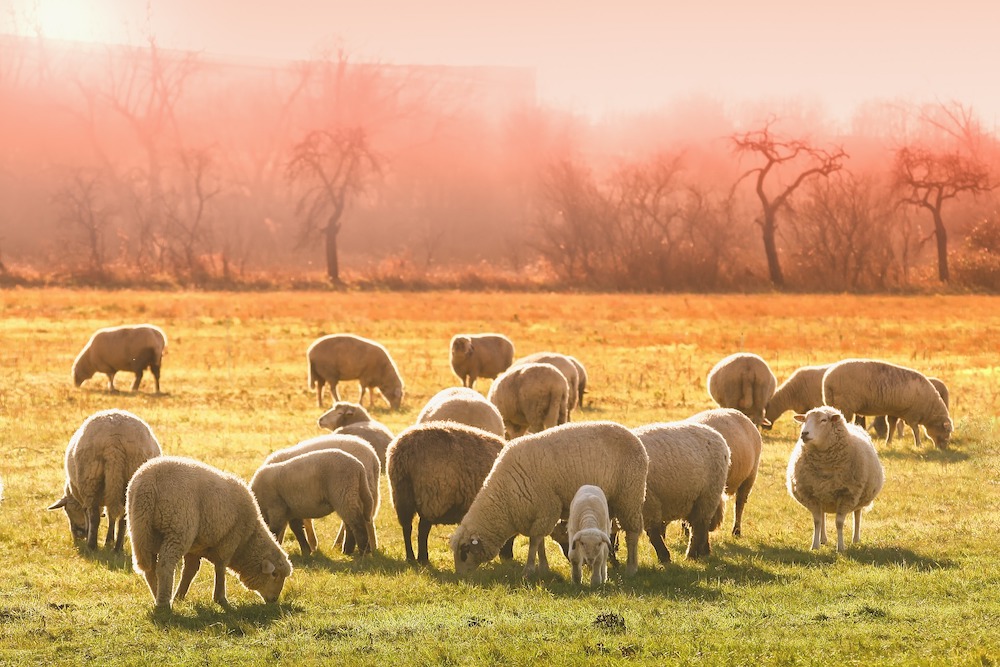Risk of blowfly strike ‘higher than usual’
2nd October 2019
Wet and warm autumn weather is keeping the risk of blowfly strike higher than this time last year, according to the latest update from Nadis and Elanco.
Wet and warm autumn weather is keeping the risk of blowfly strike higher than this time last year, according to the latest update from Nadis and Elanco.
As blowflies require temperatures of over 12ºC to lay eggs, Nadis warns that there will remain a real threat from blowfly strike, while current weather conditions persist.
Farmers are advised to stay vigilant, particularly since most treatments applied in summer will not still be offering protection to animals at this stage of the season.
Strike is a serious disease thought to affect more than 80 per cent of UK farms. It is primarily caused by the green bottle fly, which seeks decomposing matter in which to lay eggs. Carcasses, dirty backends, foot rot lesions and open wounds are all candidates for egg laying.
As well as having a serious impact on sheep welfare, 2015 figures suggest that strike costs the sheep industry around £2.2 million a year due to loss of productivity, deaths, fleece damage and treatment costs.
Nadis advises farmers to check flocks carefully at least once a day throughout the blowfly season. Early signs include irritation, nibbling at tail head, increased tail swishing, rubbing and further signs of discomfort in lame animals.
Signs of severe strike include loss of fleece, a discoloured or damp fleece, separation from the flock and death.
To prevent strike, Nadis recommends applying a preventative product, controlling worm burdens, prompt treatment of lame sheep and dagging, clutching and timely shearing to avoid dirty backends. Tail docking in lambs is a debated but accepted procedure to reduce strike in lowland flocks.
Steps can also be taken to manage the fly population – for example using fly traps, prompt disposal of deadstock and grazing more exposed pastures that are less favourable to flies in the high risk periods. Reducing fly populations early on in the year has the biggest impact during the grazing season.

